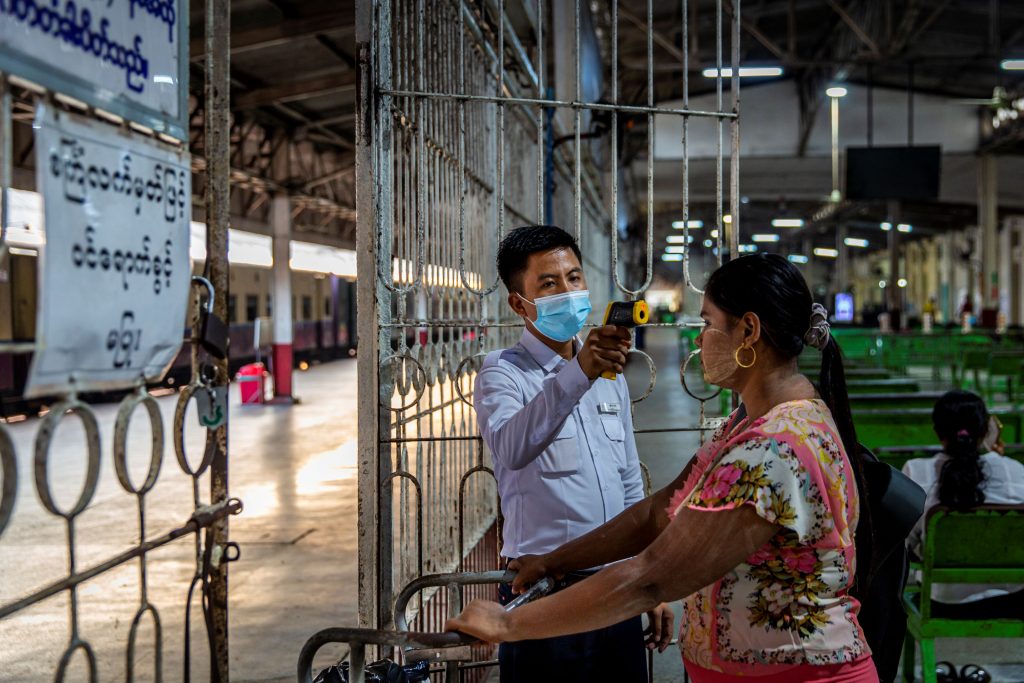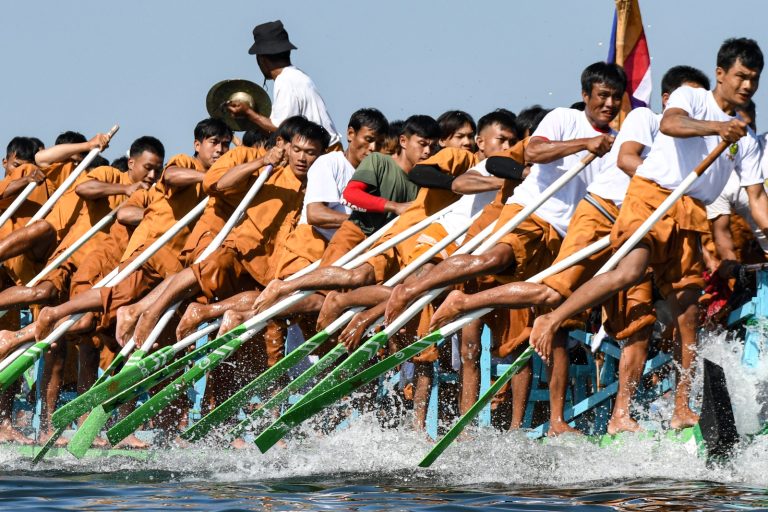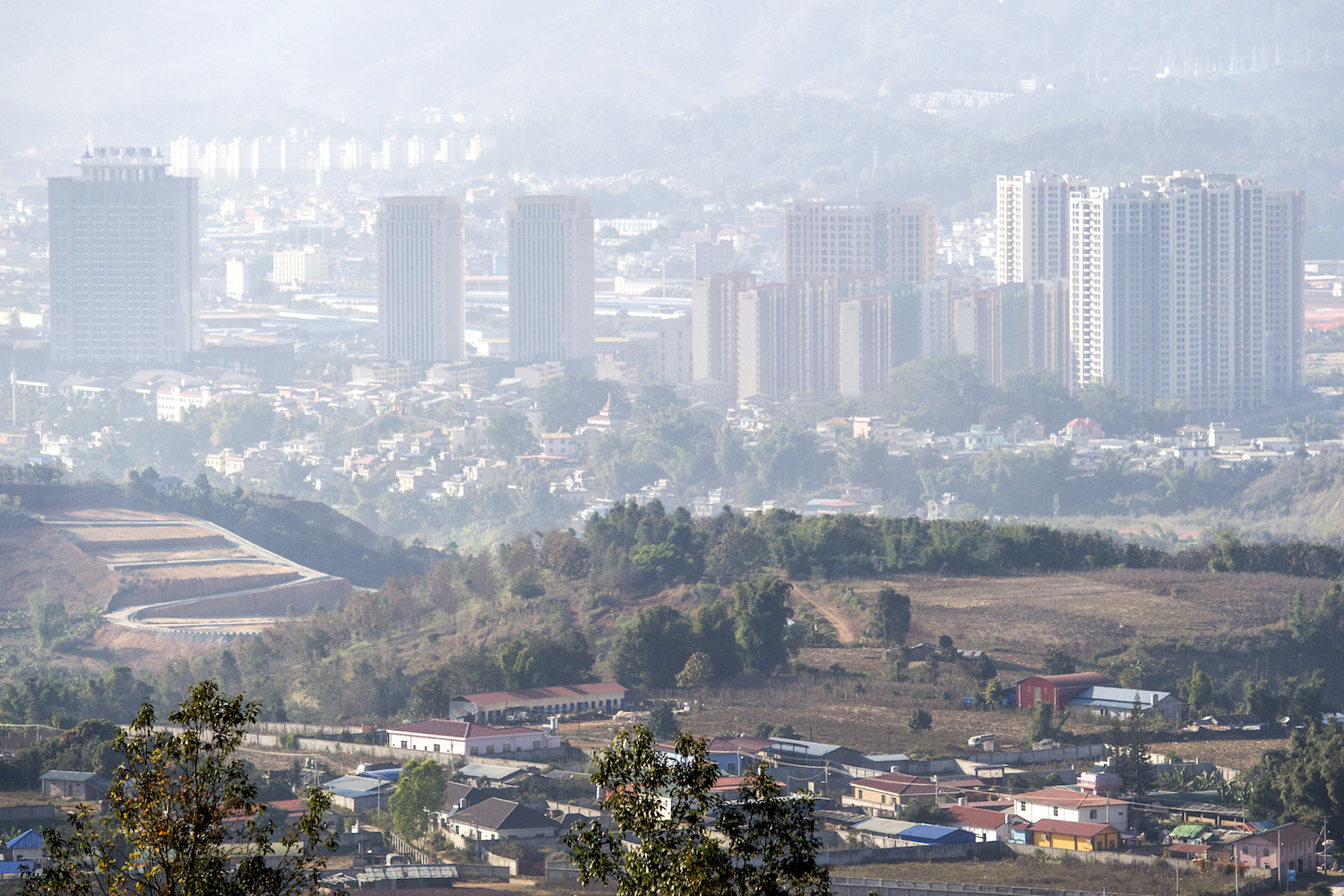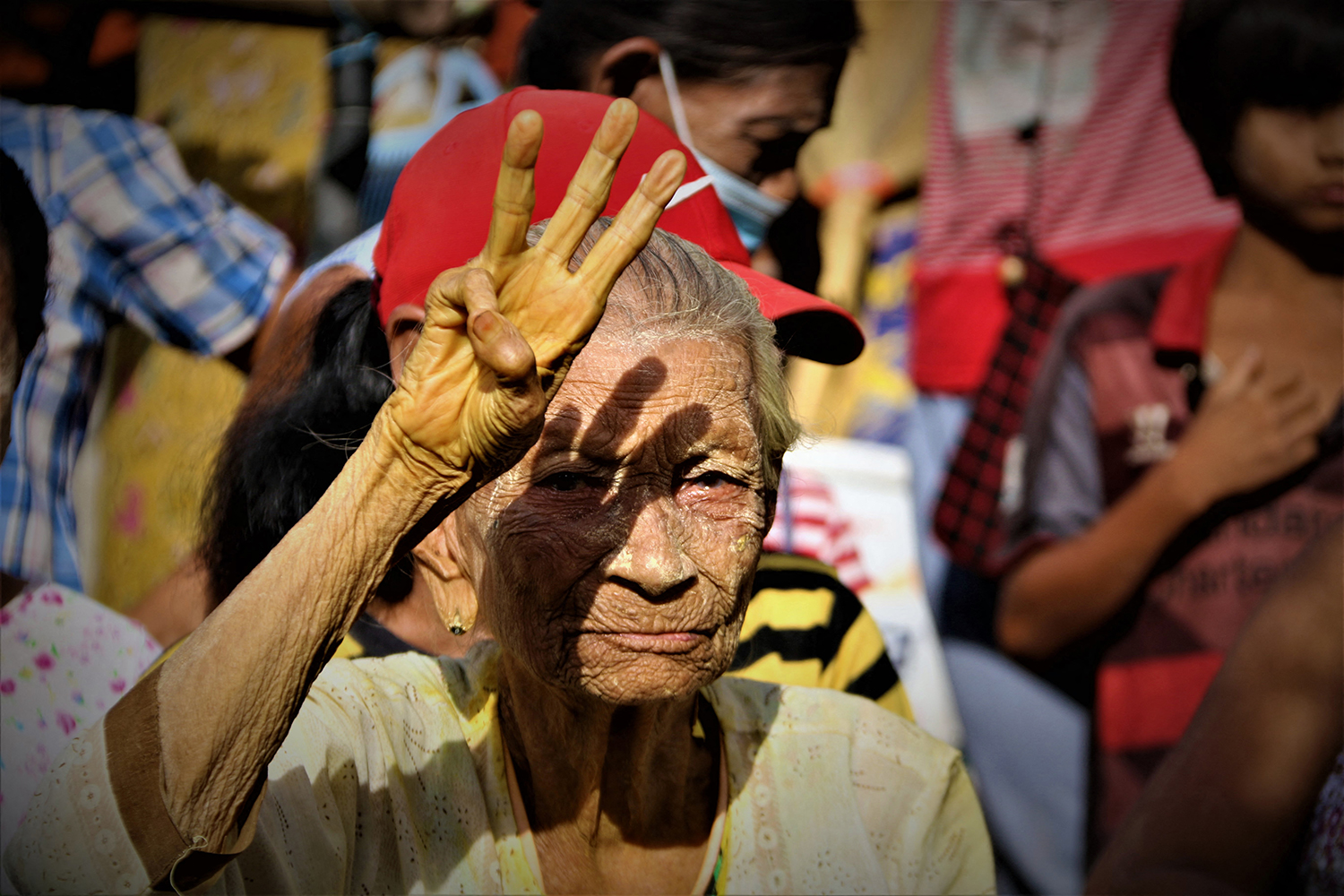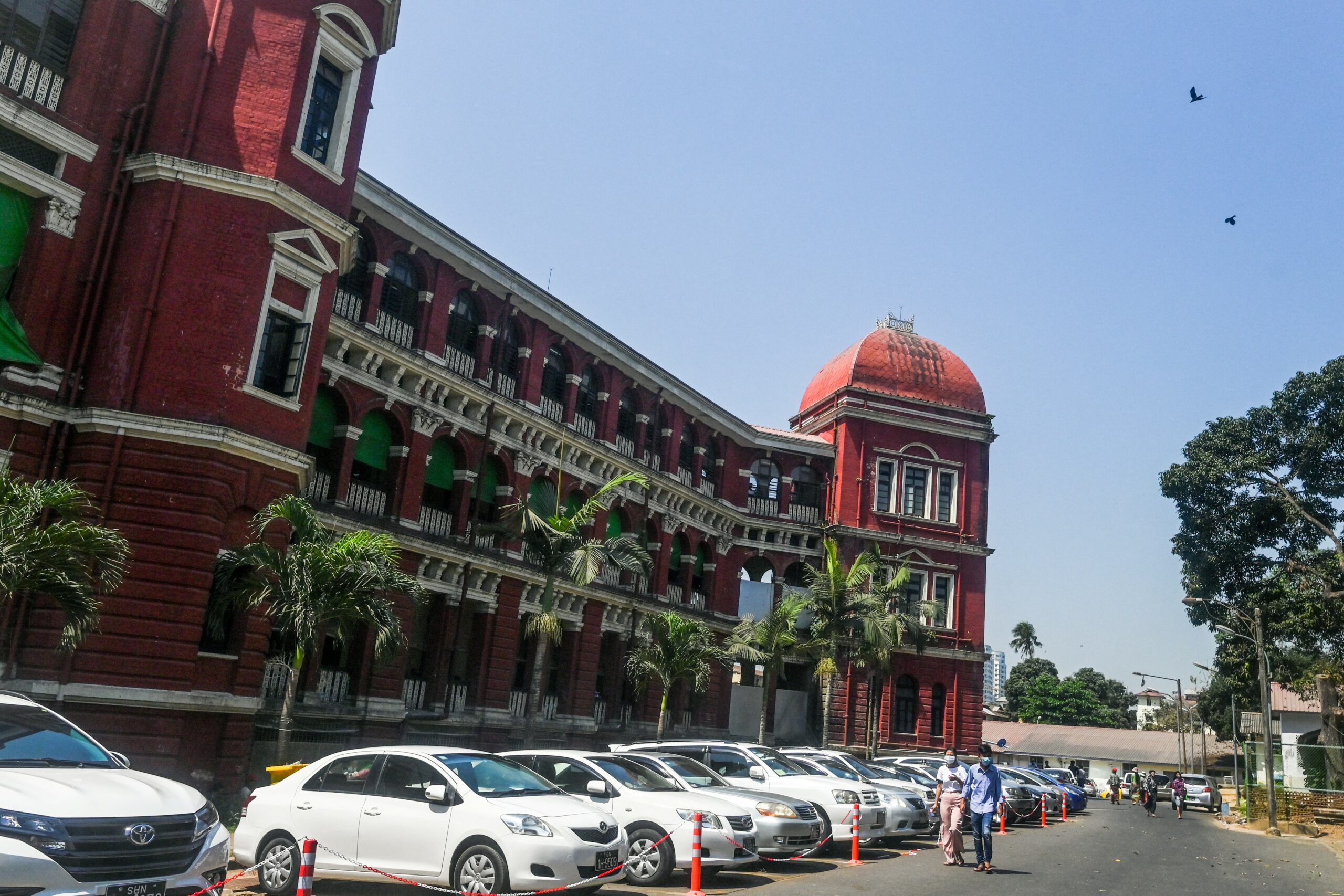A tangle of contrasting measures in different states and regions for quarantining visitors has left would-be travellers unsure whether or not to pack their bags.
By YE MON | FRONTIER
As local authorities across Myanmar gradually ease measures to limit the spread of COVID-19, the prospect of travelling freely around most of the country is inching closer.
But varied approaches from states and regions have created an incohesive picture for travellers, who face everything from zero requirements to a 21-day quarantine in a government facility and a mandatory health certificate, depending on the area.
Anyone entering Myanmar from abroad must still undergo facility quarantine.
The Union government has recommended local authorities to roll back quarantine restrictions for domestic travellers, but has ultimately devolved the decision, said Ministry of Health and Sports spokesperson Dr Than Naing Soe.
“Most states and regions are reducing their measures for quarantine,” he said.
Than Naing Soe added that the only townships that are still subject to community lockdowns are Yangon’s COVID-19 hotspots, Insein and Mayangone. Residents of these two townships can expect to be quarantined in states and regions that have otherwise lifted quarantine requirements.
With 183 of Myanmar’s 233 confirmed COVID-19 cases, Yangon Region has been recognised by other regions and states as the epicentre of the virus, while Yangon itself has no quarantine requirements for domestic travellers.
Quarantine is not required for people who enter Mandalay Region, even if the township has recorded cases, said regional Shan ethnic affairs minister Sai Pan Saing. However, people travelling from townships under a community lockdown – Insein and Mayangone – will be quarantined for 21 days in a government facility, he said.
“We will check carefully to see where they are coming from before they enter the region,” Pan Saing told Frontier.
Leisure travellers will be turned away regardless of the township they came from, he added, with his government suggesting a route that circumvents the region for those who need to travel onwards.
Meanwhile, people inside the region can travel without any restrictions outside the nationwide 12am-4am curfew, he said, and highway buses from elsewhere will be allowed to operate from June 1.
All arrivals must present a recommendation letter from their ward administrator, according to a document recently shared among international organisations, seen by Frontier, which is still being updated.
The measures have broad support locally, said Ma Nandar Aung of Maha Aung Myay Township in downtown Mandalay.
“We don’t want the virus to spread in our region,” she said. “It’s not over yet.”
Scattered across the country are 49,579 people being quarantined at 10,692 facilities, according to the health ministry’s June 2 situation report, among them schools, university halls and religious compounds. Many of those undergoing quarantine are migrant workers who have returned from Thailand and China.
Magway Region has more than a fifth of the quarantine sites and some of the strictest precautionary measures in the country despite recording just one COVID-19 case. These measures have made life miserable for its most impoverished communities.
Now is the time to lift quarantine measures, especially from areas without any confirmed cases, said Dr Thaung Hlaing, a member of Magway’s COVID-19 response team.
“We need to look at our country’s current economic situation,” he said, referring to the economic toll of restrictions imposed to curb the virus.
Myanmar Tourism Federation advisor U Thet Lwin Toh agreed, saying that the tourism industry could receive a much-needed boost from domestic visitors.
“If the quarantine restrictions were reduced, the tourism industry will change its focus from foreign tourists to domestic tourists,” he added.
Rakhine State is accepting air passengers only. They will be quarantined for 21 days at a government facility or hotel, according to the document shared among international organisations.
While staying at a government quarantine facility is free, those who prefer to do their 21-day quarantine at a hotel must pay for the privilege.
All visitors must present a letter from their ward administrator, said Rakhine State deputy director of public health Dr Soe Win Paing.
Officials in Shan State made the decision to lift a quarantine order for domestic travellers on May 25, with the exception of people from townships under community lockdown.
State deputy director of public health Dr Thuzar Chit Tin said the move was better for business and the public.
Seven cases dispersed across the state have been recorded.
Letters from ward administrators are mandatory in Ayeyarwady Region, where highway buses resumed services on June 1, said municipal minister for the region U Kyaw Myint.
Travellers from Insein and Mayangone townships will be quarantined, he added.
Tanintharyi Region along with Kayah, Kayin and Mon states have similarly imposed a 21-day quarantine only for people from townships under lockdown, whereas Sagaing Region and Kachin State are imposing it on all visitors.
Director of the Kachin State General Administration Department U Zaw Zaw said express buses were barred but entry was allowed for air passengers from Yangon and Mandalay.
“We will send them directly to quarantine centres from the airport,” he said.
In Yangon, would-be tourists have been put off by the inconsistency of quarantine requirements, while business travellers have chosen to remain in the city over quarantine in their home states.
Ko Awng Mai is among them, having arrived in Yangon from his home in the Kachin capital Myitkyina in February.
He hopes Kachin State will follow Mandalay Region to the south and allow arrivals from townships that are not under lockdown.
“My business trip was finished before May but I don’t want to be quarantined at a centre for 21 days,” he said.


